Bringing a furry, feathered, or scaled friend into your family might seem like a big decision, but the benefits for children are amazing. Research shows that kids who grow up with pets develop stronger social skills, better emotional health, and even improved physical wellness.
Parents and child development experts agree that the bond between children and animals creates lifelong positive effects that shape how kids interact with the world around them.
1. Pets Teach Kids Responsibility Like Nothing Else Can
Nothing builds character quite like having a living creature depend on you for care. When children feed their goldfish every morning or walk the family dog after school, they learn that their actions directly impact another being’s wellbeing.
This daily routine creates a sense of purpose and accountability that textbooks simply cannot provide. Kids quickly understand that forgetting to fill the water bowl or clean the litter box has real consequences.
Child psychologists note that pet ownership helps children develop time management skills and follow-through habits that benefit them throughout life.
2. Emotional Intelligence Grows Through Animal Companionship
Animals communicate without words, forcing children to read body language, facial expressions, and behavioral cues. A cat’s purr signals contentment, while a dog’s tail position reveals their mood—skills that translate directly to human interactions.
Kids learn to recognize when their pet feels scared, excited, or needs comfort. This heightened awareness helps them become more sensitive to friends’ and family members’ emotions too.
Therapists often recommend pet therapy because animals provide unconditional acceptance, helping children process difficult feelings in a safe, non-judgmental environment.
3. Physical Activity Increases Naturally With Active Pets
Childhood obesity rates continue climbing, but families with dogs get significantly more exercise than those without. Playing fetch, going on walks, or chasing a puppy around the backyard burns calories while feeling like pure fun.
Unlike forced exercise routines, pet play happens organically throughout the day. Kids don’t realize they’re getting a workout when they’re having a blast with their four-legged friend.
Pediatricians report that children with active pets meet daily movement recommendations more easily and develop stronger cardiovascular health from consistent, enjoyable physical activity.
4. Social Skills Develop Through Pet Interactions
Shy children often find it easier to approach other kids when they have a friendly dog as an icebreaker. Pets naturally attract attention and create conversation starters that help reserved kids connect with peers.
Dog parks, pet stores, and neighborhood walks become social opportunities where children practice communication skills in relaxed settings. They learn to share stories about their pets and ask questions about others’ animals.
Research shows that children with pets develop stronger confidence in social situations and form friendships more easily than those without animal companions.
5. Stress Relief Comes Naturally From Animal Comfort
School pressure, friendship drama, and family changes can overwhelm young minds, but pets provide instant stress relief. Simply petting a cat or dog releases calming hormones that reduce anxiety and promote relaxation.
Animals don’t judge homework grades or worry about tomorrow’s test—they live in the moment and help children do the same. This mindful presence teaches kids healthy coping strategies for managing difficult emotions.
Mental health professionals note that children with pets show lower cortisol levels and recover from stressful situations more quickly than those without animal support.
6. Learning About Life Cycles Happens Through Pet Ownership
Birth, growth, aging, and death become real concepts rather than abstract ideas when children witness their pet’s life journey. Watching puppies grow into adult dogs or caring for an elderly cat teaches valuable lessons about life’s natural progression.
These experiences help children understand that all living things change over time and that each life stage has its own beauty and challenges. They learn to appreciate the present moment with their beloved companion.
Educators recognize that pet ownership provides authentic learning opportunities about biology, responsibility, and the circle of life that classroom lessons cannot replicate.
7. Compassion and Empathy Strengthen Through Animal Care
Caring for a vulnerable creature naturally develops a child’s nurturing instincts and capacity for compassion. When pets are sick, scared, or need extra attention, children learn to put another’s needs before their own desires.
This selfless behavior extends beyond pet care into relationships with siblings, friends, and classmates. Kids who comfort frightened animals often become the ones who help new students feel welcome at school.
Child development experts consistently observe that children raised with pets demonstrate higher levels of empathy and kindness toward both animals and humans throughout their lives.
8. Immune System Benefits Come From Early Pet Exposure
Growing up with pets actually strengthens children’s immune systems by exposing them to various bacteria and allergens in controlled amounts. This early exposure helps build resistance to common illnesses and reduces allergy development later in life.
Studies show that babies who live with cats and dogs have fewer respiratory infections and ear problems during their first year. The “hygiene hypothesis” suggests that some exposure to germs is beneficial for developing robust immunity.
Pediatric allergists now recommend pet ownership for many families, noting that children who grow up with animals often have fewer asthma and allergy issues as adults.
9. Academic Performance Often Improves With Pet Companionship
Reading to pets has become a popular educational strategy because animals provide patient, non-judgmental audiences for struggling readers. Children feel more confident practicing aloud with their dog or cat than with human listeners who might correct their mistakes.
Pets also provide emotional support during homework time, helping children stay calm and focused when facing challenging assignments. The presence of a beloved animal can reduce test anxiety and improve concentration.
Teachers report that students with pets often show better attendance, improved behavior, and higher engagement levels, possibly due to the emotional stability that animal companionship provides.
10. Unconditional Love Provides Emotional Security and Confidence
Perhaps most importantly, pets offer unwavering love that doesn’t depend on grades, behavior, or achievements. This unconditional acceptance gives children a secure emotional foundation that builds self-worth and confidence.
Bad days at school or arguments with friends feel less devastating when a loyal companion greets you with enthusiasm at home. Pets love their human families consistently, regardless of mistakes or mood swings.
Child psychologists emphasize that this reliable source of affection helps children develop secure attachment styles and emotional resilience that serves them well throughout life’s challenges and relationships.

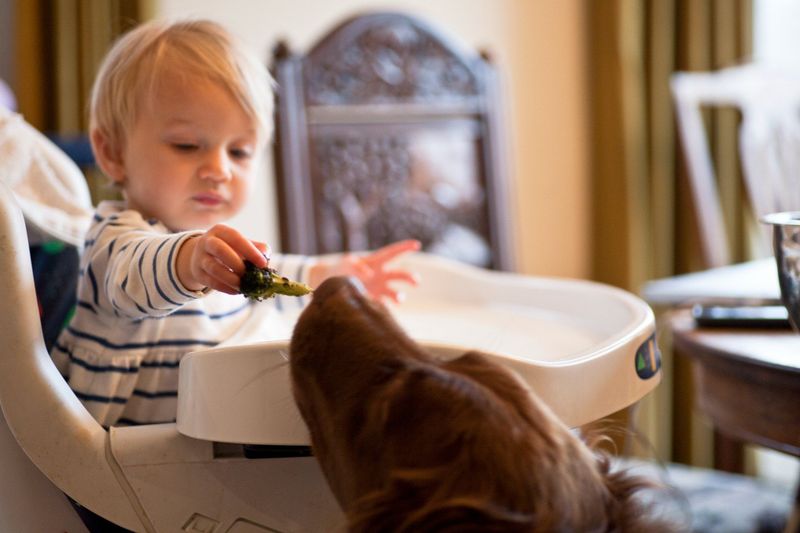
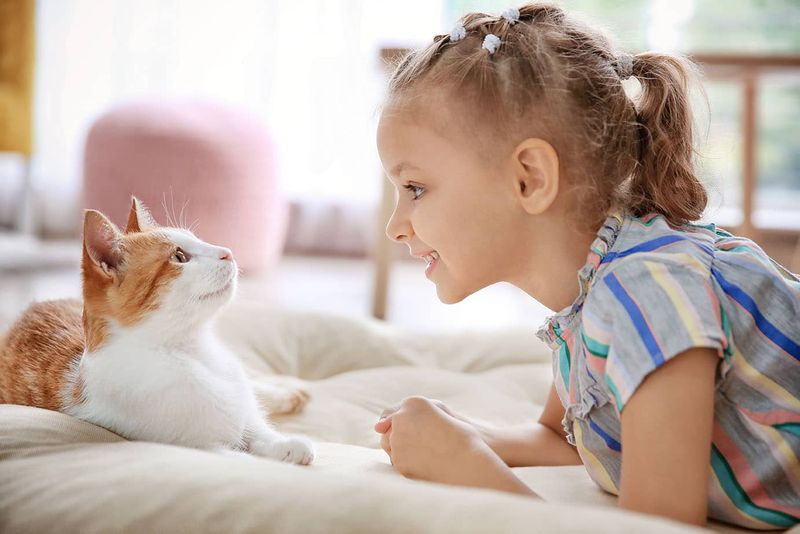
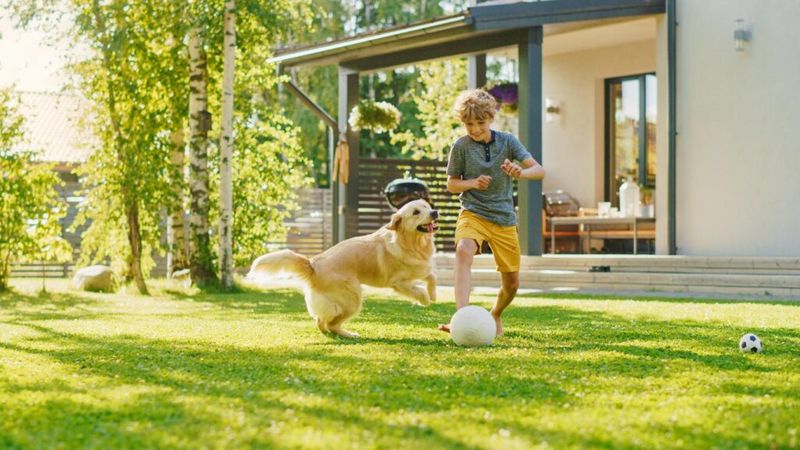

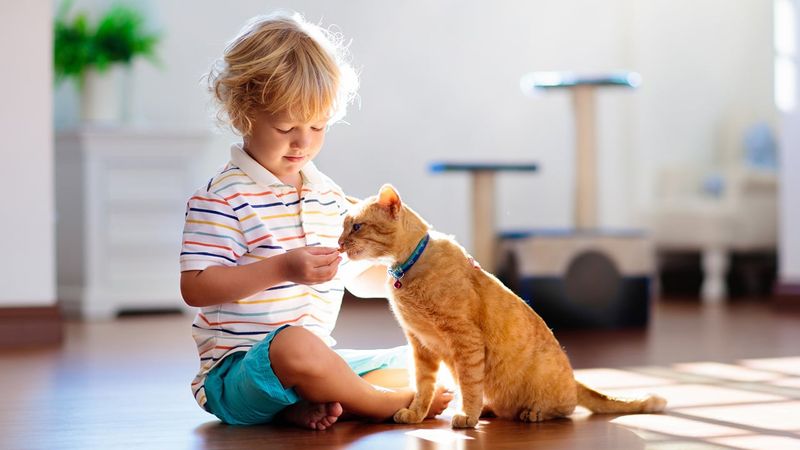
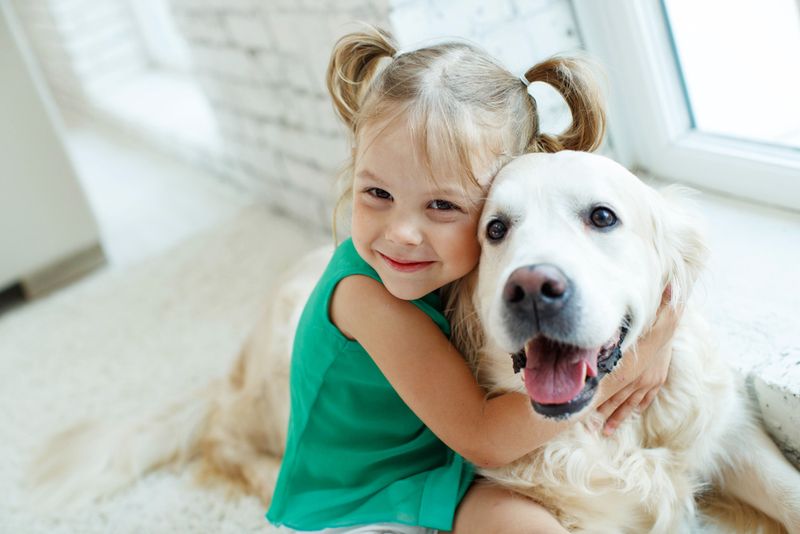
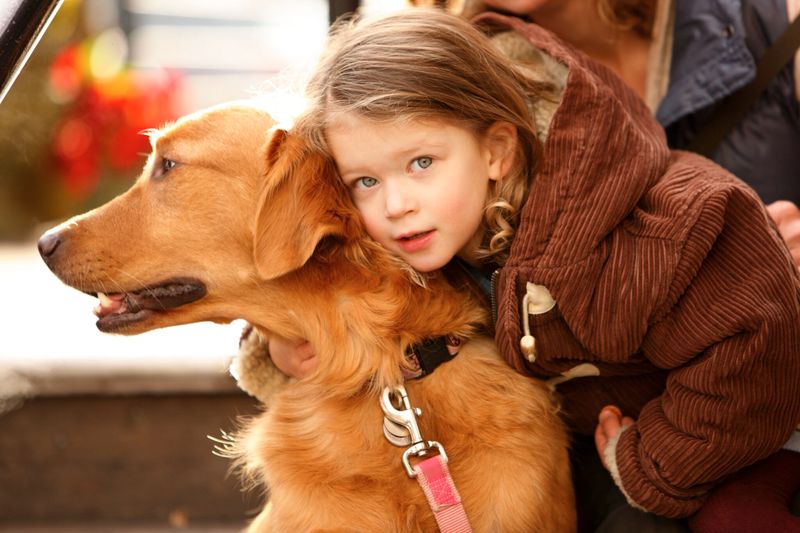

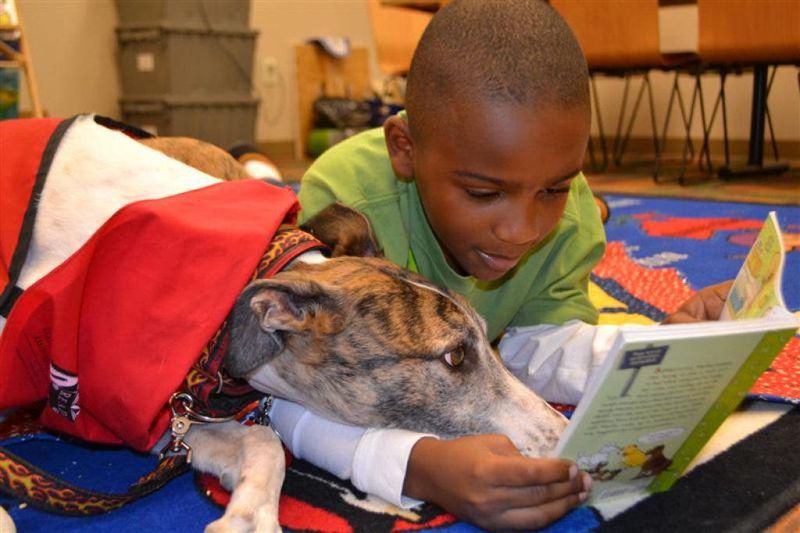
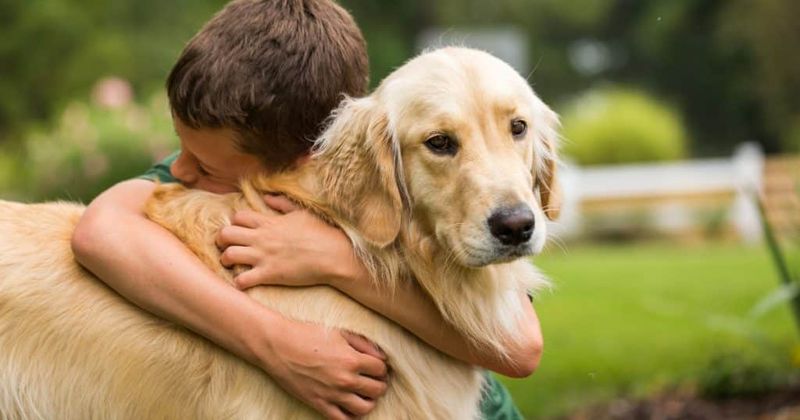
Comments
Loading…